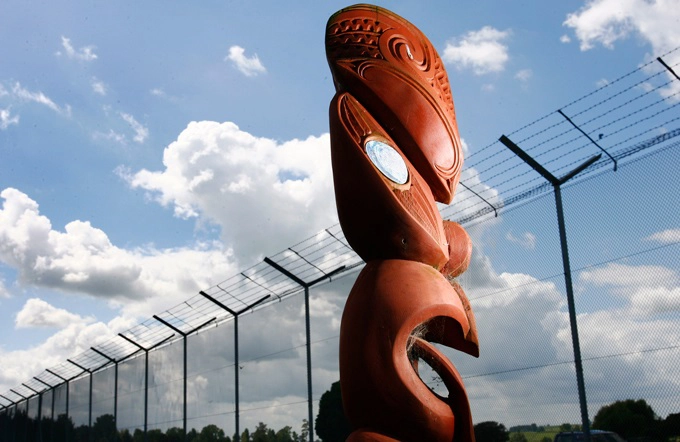Nga Tūmanakotanga – Turning the Tide on Prison Violence

The Nga Tūmanakotanga project
This is a study aimed to decrease physical, sexual, psychological and structural harm and improve safety and wellbeing for those who reside and work in prison settings in Aotearoa New Zealand.
Welcome to our initial release of the Nga Tūmanakotanga – Turning the Tide on Prison Violence project website.
The research aims to address the following questions:
- What factors contribute to prison violence? Can we predict these behaviours/events? And if so, what are the applications for resource and cell allocation?
- What is the relationship between gang-affiliation and prison violence? What resources do men from these communities possess that can mitigate future violence?
- What are the properties of the prison environment itself that influence or inhibit violence? How can ecological models of prison inform improved safety and wellbeing, and even participation in rehabilitation practices?
The RePAIR project began in 2019 and involves an international team of researchers led by Dr Armon Tamatea from the School of Psychology.
The research has two phases:
● Understanding the drivers for violence and aggression in our prisons
● Intervening in violence-prone sites
Understanding the drivers for violence and aggression in our prisons
Drawing on indigenous knowledge, gang culture, and clinical psychology, this phase expands beyond the conventional individual-focused ‘assessment-intervention-prevention’ approach to research in this field, towards a holistic and ecological way of thinking that recognises individual, organisational, cultural factors, as well as the role of the physical environment itself in the facilitation and prohibition of aggression.
Intervening on violence
The outcomes of the research will inform approaches and technical resources that can be used by relevant organisations such as the Department of Corrections and Police. Deliverables will include:
- a violence prediction tool
- workable preventative and intervention approaches based on co-created knowledge with the prison-based gang community, and
- environmental approaches to design-out violence and design-in safety in prisons.
These will (1) reduce violence, (2) increase safety, and (3) reduce costs incurred by prisons (and the public) as a consequence of interpersonal aggression.
**Photo credit:NZ Herald/Amos Chapple
Kaupapa
The Nga Tūmanakotanga project has been conceived and designed in discussion with senior Māori management within Ara Poutama Aotearoa/Department of Corrections, members of the gang community and other stakeholders. As such, the project supports an existing agenda – such as that outlined in Ara Poutama’s Hōkai Rangi strategy – to improve outcomes for Māori wellbeing. The high proportion of Māori in prisons as well as those assessed at high risk of reoffending means the research has immediate relevance for social wellbeing. In particular:
Partnership and empowering Māori: Māori knowledge is a central element of this research, which seeks to offer the most culturally-informed and effective outcomes. Māori knowledge holders who also have expertise in the Corrections space have been involved in the development and co-creation of this project since 2016;
Reciprocity: This research includes methodologies designed to facilitate the co-creation of knowledge with Māori knowledge-holders and gang-affiliated prisoners to bring about social and wellbeing benefits; and,
Creativity: In addition to the literature and input from industrial experts, the development of interventions will be culturally-informed by prison staff, prisoners, and whānau.
Our partners
